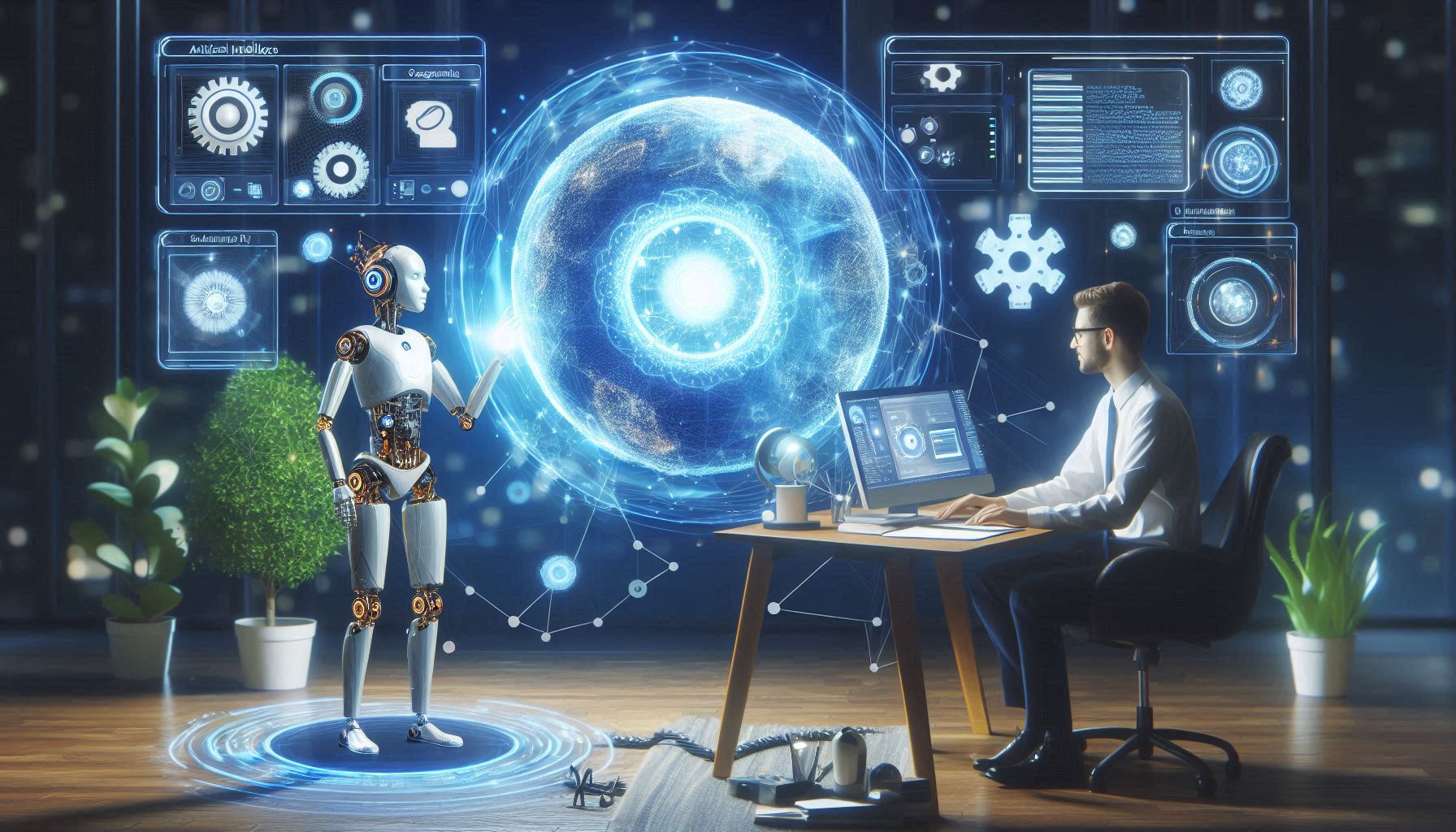What is an AI Agent?
An AI agent is a piece of software that can perform tasks or solve problems on its own, often by mimicking human decision-making. Think of it like a virtual assistant or a program that can learn and act without needing constant human input. It processes information, learns from that data, and makes decisions or predictions based on what it's learned.
AI Agents: What They Are and How They Work
In recent years, the term "AI agent" has become increasingly common, but what exactly does it mean? Let's break it down in simple terms.
An AI agent is a piece of software that can perform tasks or solve problems on its own, often by mimicking human decision-making. Think of it like a virtual assistant or a program that can learn and act without needing constant human input. It processes information, learns from that data, and makes decisions or predictions based on what it's learned.
Examples of AI agents include:
Virtual assistants like Siri or Alexa, which can respond to voice commands.
Recommendation systems on platforms like Netflix or YouTube, suggesting content based on your preferences.
How Do AI Agents Work?
An AI agent operates through a process that involves sensing, thinking, and acting:
1. Sensing: The AI agent takes in data from its environment. This could be anything from text, images, audio, or even data from sensors. For instance, a self-driving car’s AI agent senses its environment by collecting data from cameras and sensors around the car.
2. Thinking: Once it has the data, the AI agent processes and analyzes it. This is where machine learning or AI models come into play. Based on the information it’s received, the AI agent determines the best action to take. This step can involve complex algorithms, but at its core, it's about identifying patterns or making predictions.
3. Acting: After deciding on the best course of action, the AI agent carries out the task. In a chatbot, for example, this could mean providing a relevant response to a user’s question. In a self-driving car, it could involve steering the car or adjusting its speed.
4. Learning: Some AI agents can learn from their actions and improve over time. For example, a recommendation system may notice patterns in your viewing habits and suggest more accurate choices as you interact with it. This learning process often involves adjusting internal parameters to make better decisions in the future.
How are AI Agents Used?
AI agents are used in a wide range of industries. Here are a few common examples:
Customer service: Chatbots or virtual agents can handle routine inquiries, freeing up human agents to tackle more complex tasks.
Healthcare: AI agents assist in analyzing medical images, predicting patient outcomes, or even suggesting treatments.
Finance: AI agents can detect unusual transactions, helping banks identify potential fraud.
Transportation: In self-driving cars, AI agents help navigate, avoid obstacles, and make decisions in real time.
Why Do AI Agents Matter?
AI agents make it easier to automate tasks, solve complex problems, and create more personalized experiences for users. They’re being used more and more in day-to-day applications, and as the technology improves, we’ll see them taking on even more responsibilities.
In short, AI agents are like intelligent helpers that can take in information, analyze it, and make decisions – all with minimal human intervention. They’re a powerful tool that can make tasks faster, easier, and more efficient.

